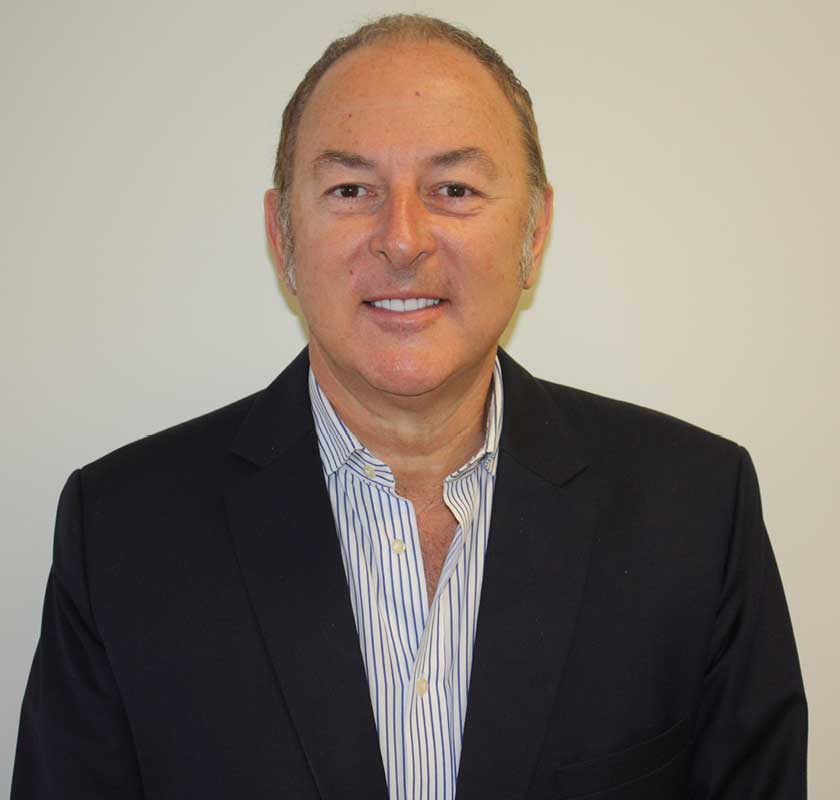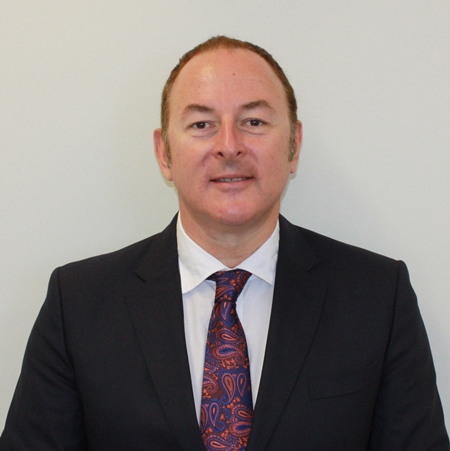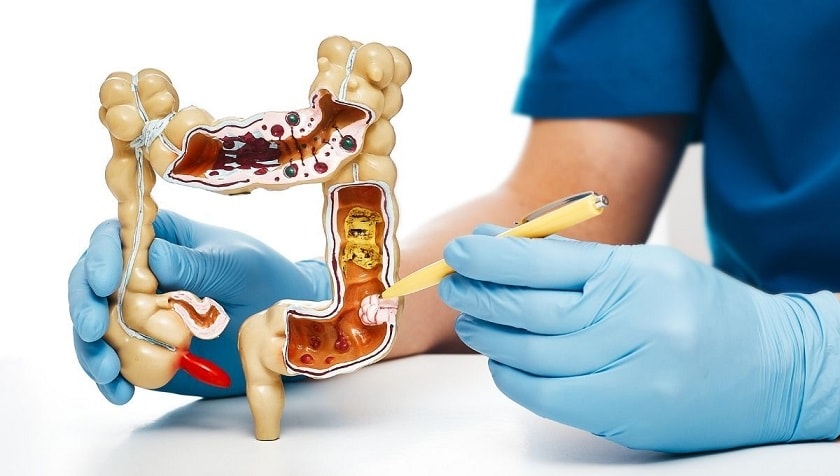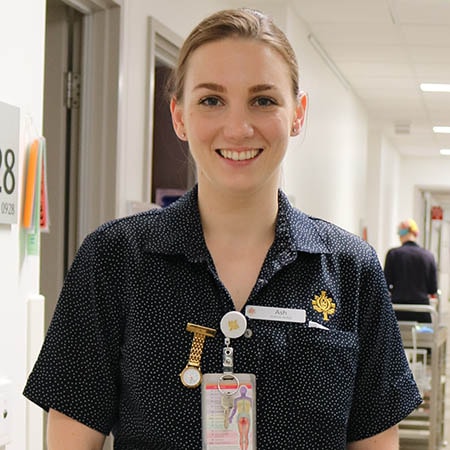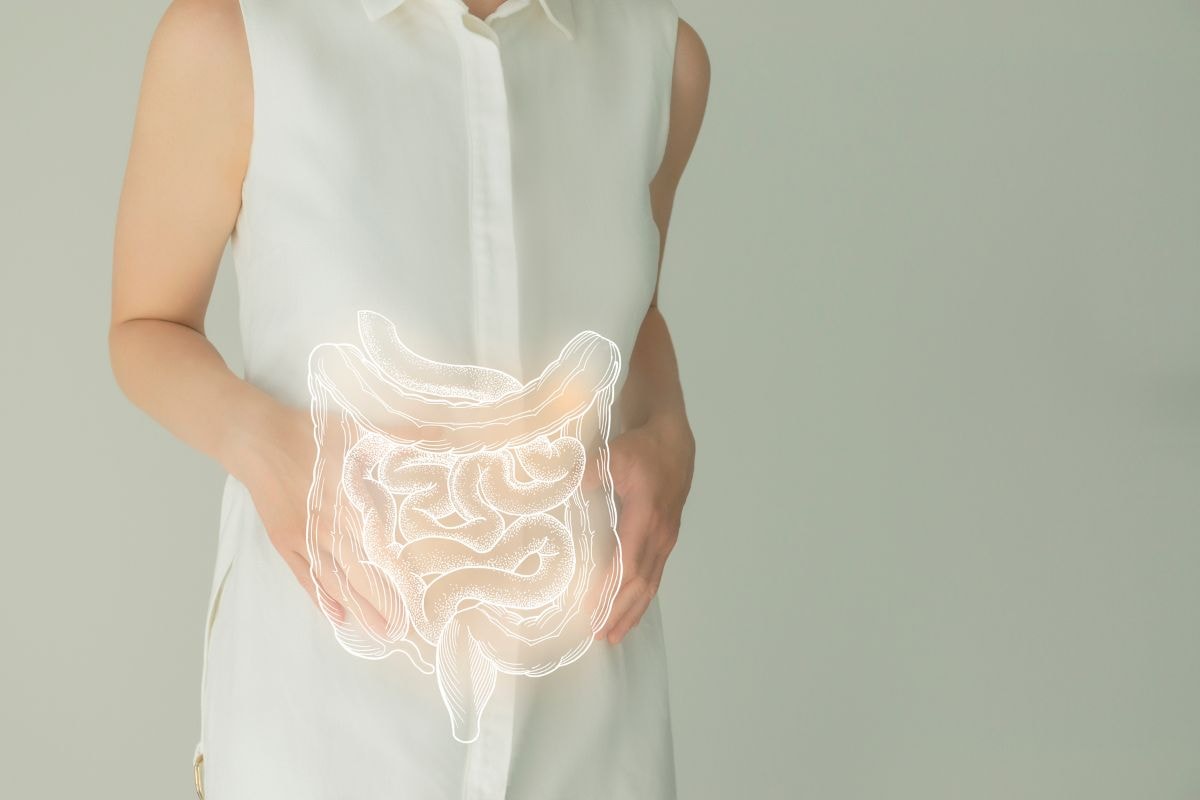Myth 1: Quitting smoking doesn’t make a difference
We know that cigarette smoke causes a number of different cancers in particular lung, throat, oesophageal and bladder cancers.However, when people are diagnosed with these cancers, they will often assume there is no point in quitting smoking.
This is incorrect.
There is good evidence to suggest the toxic effect of cigarette smoke continues and can even stimulate the cancerous cells to behave more aggressively.
Myth 2: Everyone who has cancer ends up needing chemotherapy
This is also incorrect, not everybody who has cancer needs chemotherapy.While chemotherapy is a very valuable method of treating cancers, many cancers are managed and treated without chemotherapy.
For instance, prostate cancer is often managed with hormonal therapy.
Early stage lymphoma might be treated with radiotherapy, which provides very high doses of radiation to tumours while leaving the normal tissue alone.
Often breast cancer is treated purely with hormonal therapy and melanomas can be treated with targeted and immune therapy.
However, when we do offer chemotherapy, it is with a high degree of confidence that chemotherapy is the appropriate treatment for our patients.
Myth 3: Chemotherapy wipes out your immune system
Chemotherapy does not wipes out your immune system.Research based in Western Australia has found overall immune system functions much better on chemotherapy than on its own.
This is because cancer is very cunning and clever and learns how to suppress the immune system in several different ways, which stops the immune system from recognising the cancer and fighting it.
As chemotherapy kills off cancer cells, it also reduces the ability of the cancer cells to suppress the overall immune system.
Myth 4: Chemotherapy is going to make my hair fall out and I’ll be sick and feel nauseous
While it does occur occasionally, modern anti-nausea drugs are extremely effective at preventing nausea and vomiting.And in many cases, the chemotherapy we use at St John of God Subiaco Hospital does not cause significant hair loss.
We have a new technique, which is available at St John of God Subiaco Hospital called the cold cap.
The cold cap is a device that cools the scalp and stops chemotherapy from penetrating the hair follicles, which is successful about 70 per cent of the time in preventing significant hair loss.
Myth 5: Cancer treatment changes your everyday life
When people get briefed on upcoming chemotherapy, they are generally briefed on every single side effect of every chemotherapy case that has ever occurred.While there are certain chemotherapies which are hard going, many chemotherapy recipes are very tolerable.
Most people find that side effects are minimal and they can continue to work while undergoing treatment. Often being at work can make people feel normal and forget that they are undergoing cancer treatment.
For more, listen to the truth about cancer podcast with Dr Andrew Dean.
To learn more about our complete cancer care, visit sjog.org.au/subiacocancer

